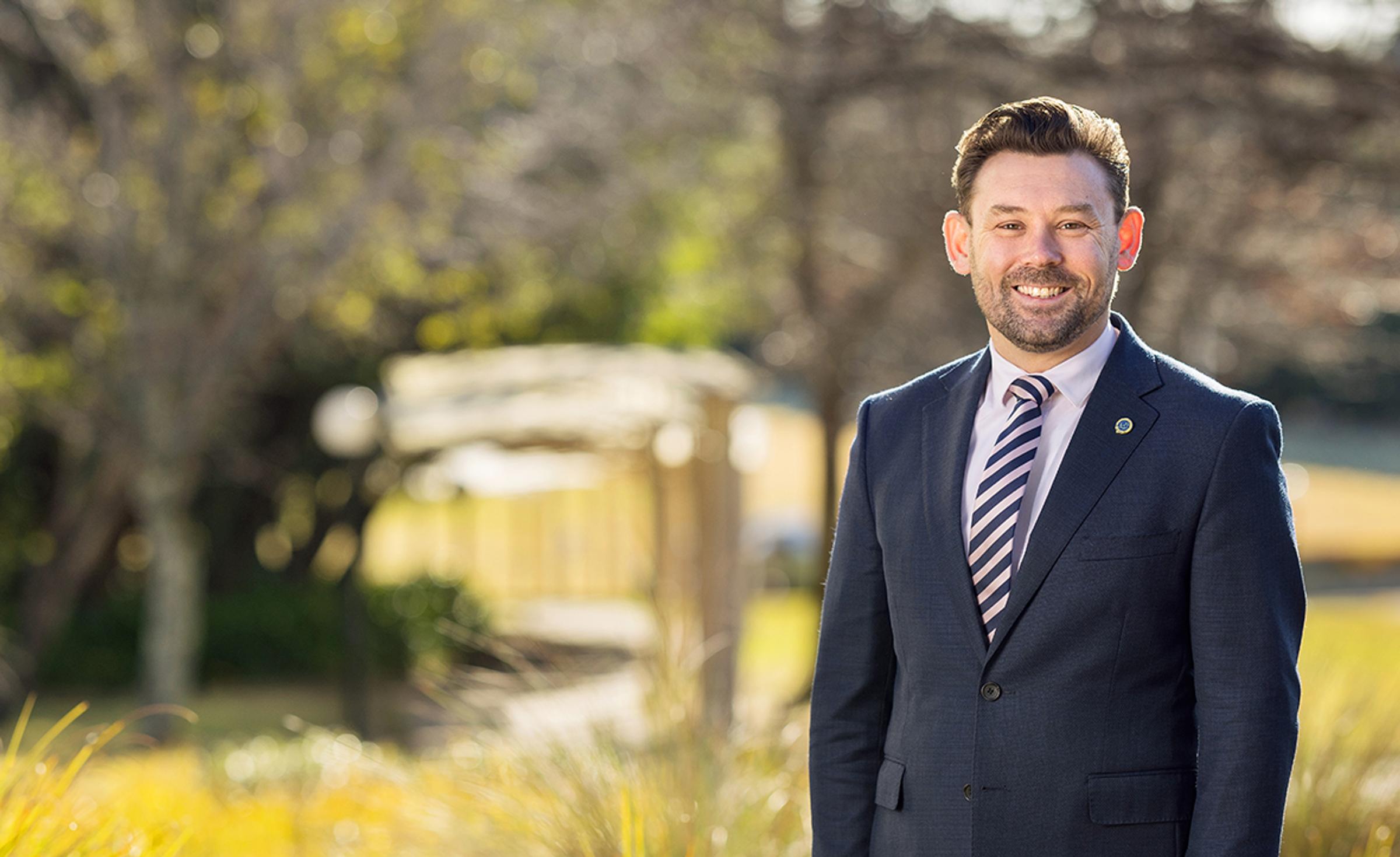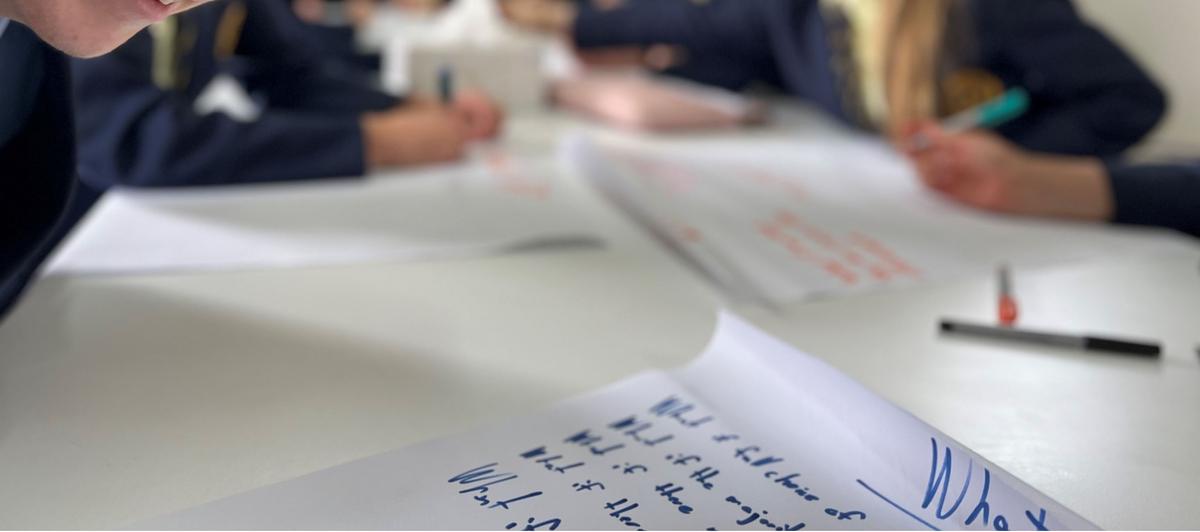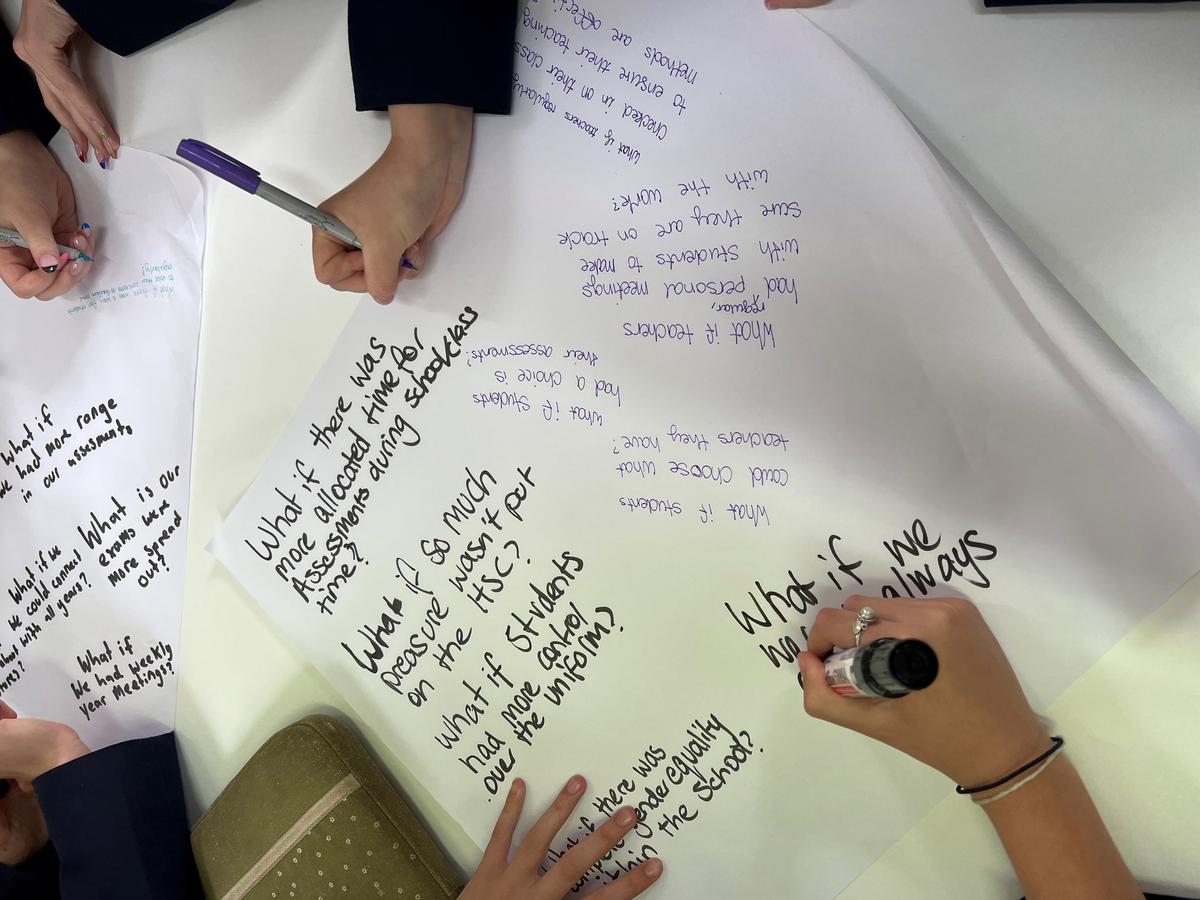From the Director of Innovative Pedagogies

Organisational Self-Awareness: How Do We Know Who We Are?
This week at Blue Mountains Grammar School we have been working with two world-recognised educational thinkers, David Runge and Jean Stiles who are engaging with us as we craft the next BMGS Strategic Plan. During this visit we were focusing specifically on what we need to pay attention to in our school to ensure all the different parts are working together efficiently. With two junior school campuses and the senior school campus that sit on expansive grounds, it would be easy to break into smaller, separate silos that do not function together and operate alone. These physical features, as well as the different roles people play in the school, mean that we risk making assumptions and decisions without having all the required information. We may have success in pockets of the school, but deep, systemic change is difficult if we are unable to join all the parts together efficiently and accurately. Put simply, we need to have greater organisational self-awareness.
This week we continued ask, then attempt to answer deeper level questions that will give us a better understanding of ourselves. When we have this understanding of who the current system is working for and where we need to make adjustments, we can make sounder decisions, build stronger relationships and communicate more effectively. Some of the questions we are considering are:
- What is rewarded in the school for students and staff?
- What is held up as worth pursuing?
- What are the taboos in the school that often remain unmentioned?
- If someone walked into the school, would they see what we expect them to see?
- How are we collecting information?
- How is data being used to inform practice?
- Is there sufficient representation from all parties?
- How do we know our blind spots?
One of the most insightful sessions was with a group of Year 10 students who were invited to participate. These young adults were able to think reflectively about the way they perceive school, as well as how schools and systems are perceived more generally. It did not take much prompting or questioning to open up their thinking to possibilities and opportunities. Dr Jean Stiles, who has a written a Ph.D focusing on student voice in school cultural change asked them the very open question of ‘what if?’ It took some time to understand this question could incorporate many aspects of the school, including assessment, learning styles and deliverables. By the end they came to see many of the structures we see as concreted in place, can actually be altered. I have included a photo of the questions that one group of students worked on to give more detail on this. These were put together in pairs in approximately 10 minutes with negligible input from teachers. I was proud and confident that our students were able to think this way and pose such insightful questions.
To be confident of who Blue Mountains Grammar School is requires us to ask a lot of questions and listen generously. Organisational self-awareness cannot happen without this. We need to take on the ideas, feedback and perceptions of diverse participants and community members and synthesise them into a coherent, transparent package that we can be confident is accurate.
Mr Christopher Sanders
Director of Innovative Pedagogies

